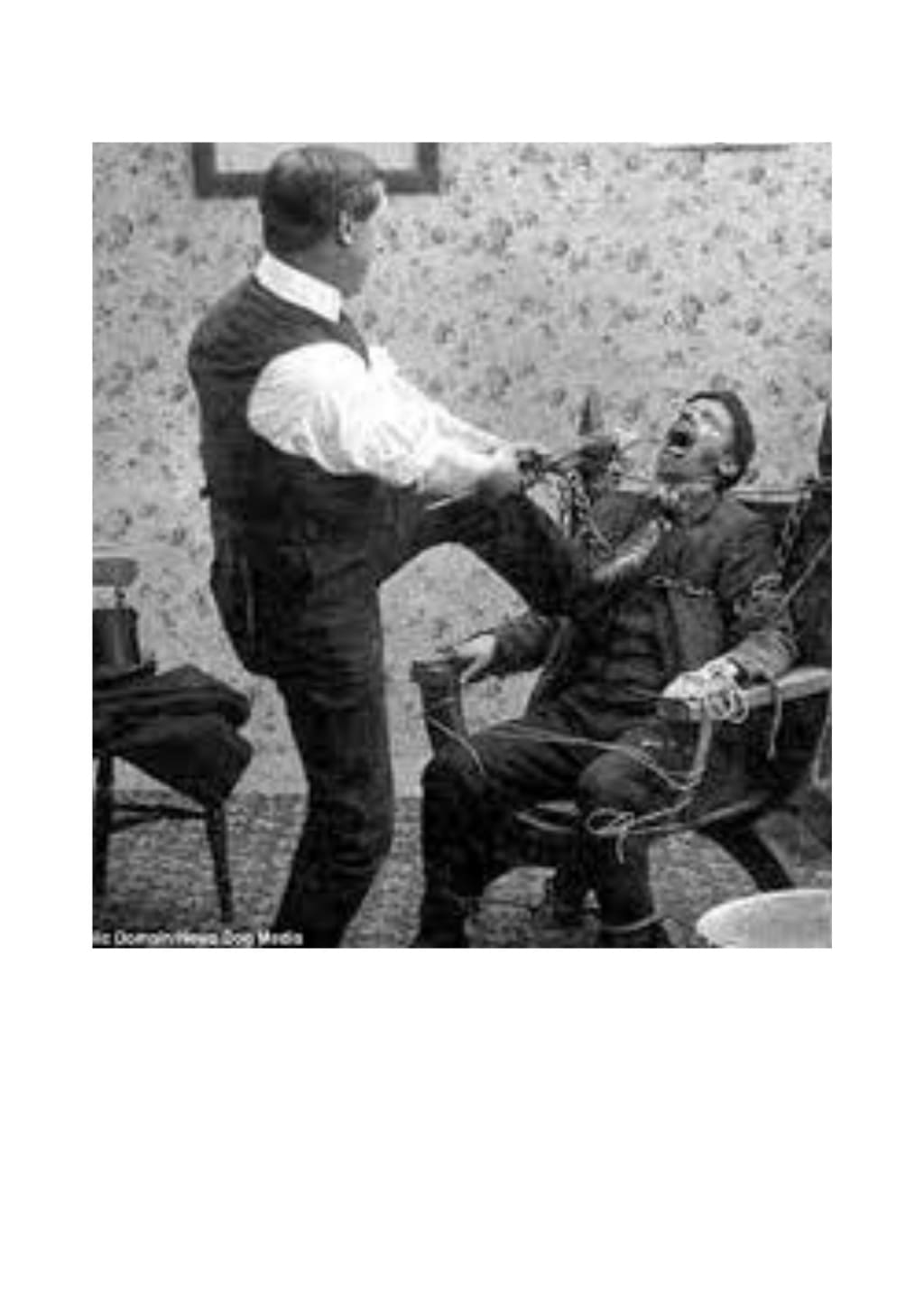VICTORIAN CLEANLINESS OR LACK OF IT
London in Victorian times is often depicted as a dirty place, filled with smog, infested by rats, and home to a working-class too poor to afford the soap to clean the grime off their faces.

London in Victorian times is often depicted as a dirty place, filled with smog, infested by rats, and home to a working-class too poor to afford the soap to clean the grime off their faces.
In today’s highly deodorised world, we assume that to be without smell is to be clean. But throughout the long and pungent history of humanity, smelling ‘good’ has been as delightful as it has sometimes been disgusting.
It’s easy to glamorise the past, especially the Victorian era, depicting it as a time of great civility, manners and grace. It was anything but! Practically every book, film, and TV show made in the last century romanticises the Victorian period. But in much of what we read about the sophisticated Victorians, no one talks about where they got their water or went to the bathroom, or when they last washed.
In the Victorian period, bodily smells were considered repugnant and Victorian hygiene practices can sound unhygienic. However, humans have always counted on natural products for all their needs, from medicine to cleaning, and it’s only in recent centuries that the industrial revolution ushered in a variety of chemical products.
There were challenges to those with little money to remain clean, but cleanliness was pursued by most Victorians. When you peel back all the silk and lace layers, you’ll discover that the Victorians were pretty gross. People didn’t always bathe weekly, let alone daily. Overall, women caught the brunt of bizarre trends in hygiene.
Women’s hairstyles in the Victorian era were often elaborate. Women’s hair was considered her crowning glory, and so the longer and healthier it was, the better. It would only be let down when she was alone with her husband and stayed in pins the rest of the time. Women didn’t wash their hair nearly as often as we do today, taking this habit only on a weekly or monthly schedule.
With modern shampoo a distant notion. Women often broke eggs over their heads, worked them into their hair, and then washed the egg out with cold water. Vinegar diluted with water was another option. If you were a respectable person, you would wash your face and scrub your hands many times a day to make sure you looked decent. It wasn’t a pleasant experience. There was the stench from cesspools below houses and blocked drains
It’s often said that the first public toilets were at the Great Exhibition in 1851. The exhibition was attended by over six million visitors and there were public toilets set up within the exhibition. There was a massive debate after the exhibition closed whether London required such facilities on the streets of London. It was tied up with notions of shame and respectability, and it was particularly said that women would be just too embarrassed to enter a public toilet on the public street. The first squares of toilet paper were sold in the 1870s, but the toilet roll wasn’t invented until 1891.
Before lotions and deodorants were common, people had only a few options to cover the scent of BO. Women with plenty of money could buy perfume or cologne. However, it was cheaper to buy a scented powder. This was also quite good for absorbing wetness.
For men, bay rum was the most common to be used as a deodorant. A unique smell that most people today have never got to enjoy. The spice-and-perfume-infused rum was invented for precisely the purpose of masking body odour by sailors in the 1500s.
In the 19th century, most people brushed their teeth, sometimes just using salt on a finger and rubbing across the teeth. The toothbrush was invented by a British prisoner named William Addis. Inspired by a broom, Addis threaded bristles through holes in a bone that he’d saved from his most recent meal. Once a free man, he patented his primitive design, and it was mass-produced.
These days, the pendulum has swung so far, the other way dermatologists are worrying what repeated showers are doing to our skin. But there’s no arguing that we smell better than our ancestors, and for that, we should be grateful.
About the Creator
Paul Asling
I share a special love for London, both new and old. I began writing fiction at 40, with most of my books and stories set in London.
MY WRITING WILL MAKE YOU LAUGH, CRY, AND HAVE YOU GRIPPED THROUGHOUT.
paulaslingauthor.com






Comments
There are no comments for this story
Be the first to respond and start the conversation.